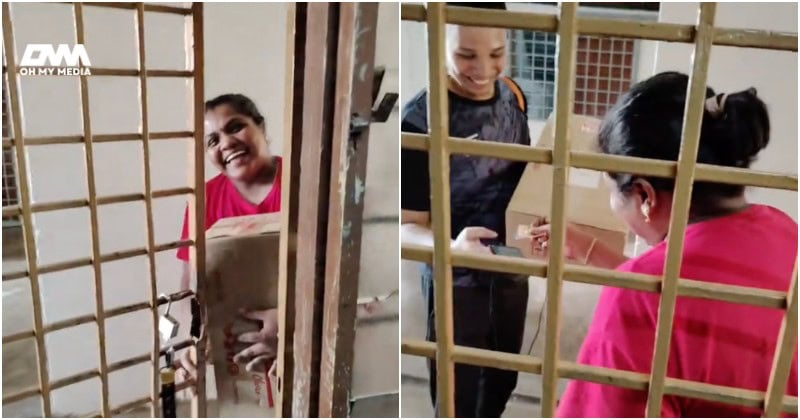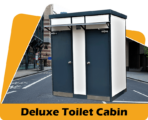Low-value goods tax to close gap between retail, online businesses, says ministry


PETALING JAYA: The finance ministry says the 10% sales tax on online purchases for imported goods under RM500 is intended to level the playing field for businesses in Malaysia, especially micro-, small- and medium-sized enterprises (MSMEs).
The ministry said that in general, a sales tax is applied on goods sold in Malaysia and is paid for by the relevant importer, wholesaler or retailer prior to sale to the consumer in Malaysia.
“However, there was a loophole in the sales tax. Globally, there is a common practice not to impose sales tax and import duty on imports below a minimal value, which was set at RM500 for Malaysia, to facilitate ease of customs clearance for postal and courier shipments.
“With the proliferation in online retail, this created an unfair advantage for online businesses selling directly to Malaysian consumers compared with retail businesses in Malaysia,” it said in a statement.
The finance ministry said the enforcement of the low-value goods tax was postponed from April 1 this year to Jan 1, 2024, to allow Putrajaya to engage with industry players and stakeholders in ironing out implementation issues.
“This is to ensure that the implementation of the legislation would meet its objective, which is to address the tax treatment disparity between goods sold by retail businesses and online businesses,” it said.
Cigarettes, tobacco products, intoxicating liquors, and smoking pipes, however, are exempted from the low-value goods tax as they are already subject to an import duty, excise duty and sales tax.
The ministry added that online local and foreign sellers with total sales value of low-value goods brought into Malaysia exceeding RM500,000 in 12 months may apply to be registered under the Sales Tax Act (Amendments) 2022.
The new tax was introduced in an amendment to the Sales Tax Act passed by the Dewan Rakyat in August last year.
The Dewan Rakyat was told that the government expects to collect RM200 million a year from the tax.
According to the finance ministry, neighbouring countries such as Singapore and Indonesia have also addressed this loophole by imposing taxes on low-value goods beginning Jan 1 and April 1 this year, respectively.
Desain Rumah Kabin
Rumah Kabin Kontena
Harga Rumah Kabin
Kos Rumah Kontena
Rumah Kabin 2 Tingkat
Rumah Kabin Panas
Rumah Kabin Murah
Sewa Rumah Kabin
Heavy Duty Cabin
Light Duty Cabin
Source























